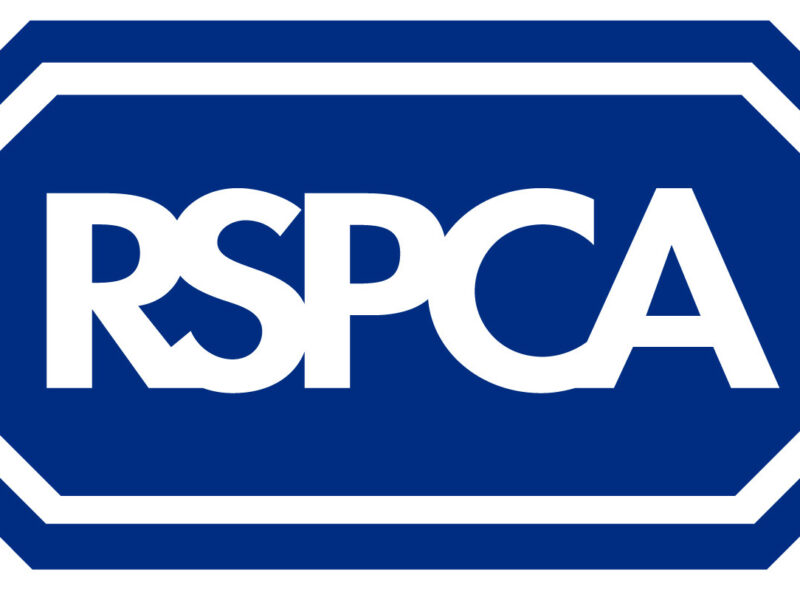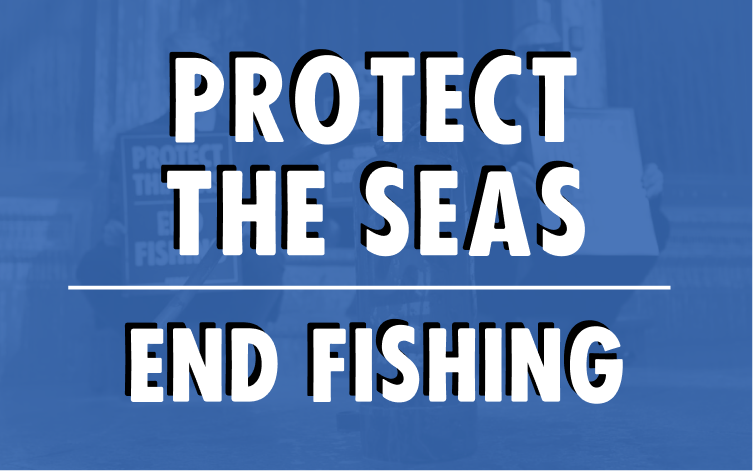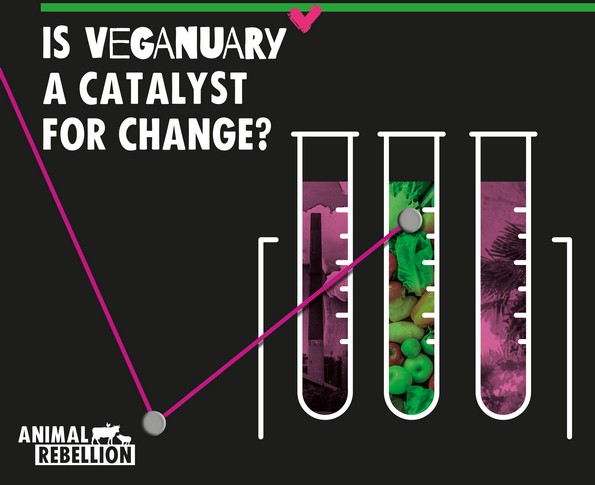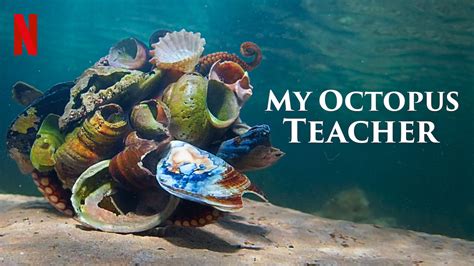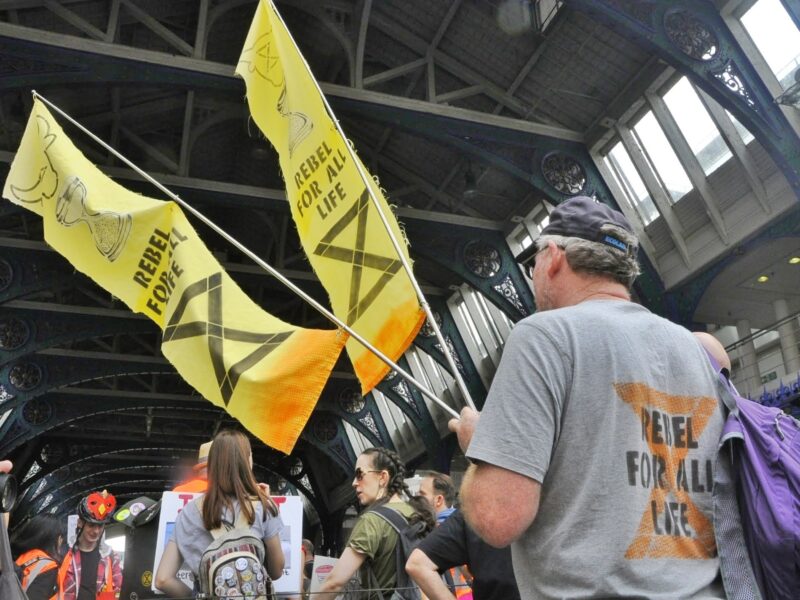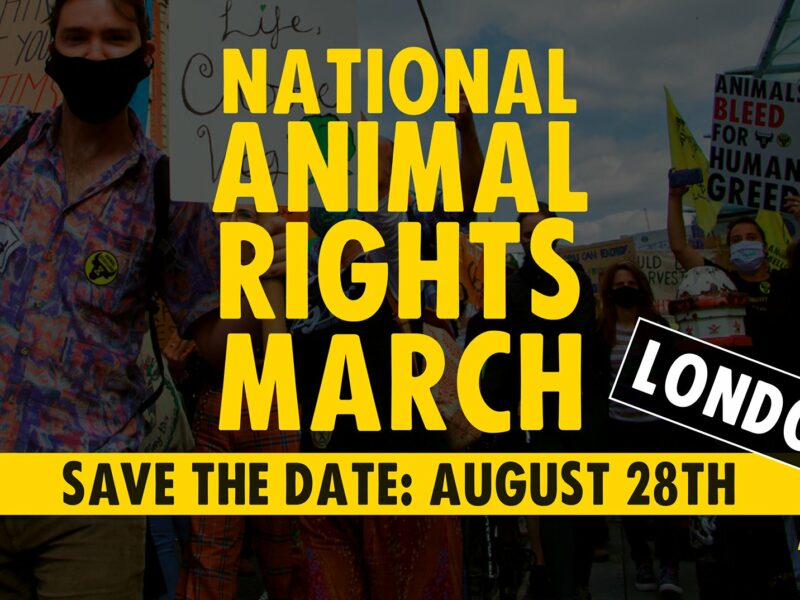The RSPCA: What’s not to like? Well, as I found in my time as an RSPCA branch trustee, quite a lot of people find quite a lot of things not to like about the world’s oldest and largest animal welfare charity. On the one hand, the RSPCA does great work in terms of pet and wildlife welfare. It states: “Everything we do is focused on achieving our vision to live in a world where all animals are respected and treated with compassion”. In 2020, the RSPCA investigated over 57,000 complaints of animal cruelty. However, there is a major disconnect between its goals and its stance on meat and dairy. I often had to defend my involvement with the RSPCA (the[…]
The Marine Stewardship Council: A flawed sheen of respectability for an industry in denial
When faced with a crisis, making something slightly less bad won’t cut it. There’s making a real difference and then there’s green-wash. The UK-based Marine Stewardship Council (MSC) falls firmly into the latter category. So what’s wrong?
Veganuary, Food System Change and the Responsibility of Corporations
More than a challenge, Veganuary is making waves in our culture and food industry. We explore how it is direct catalyst for food system change and what is the responsibility of corporations.
Doubt and Lies: the tactics of a struggling meat and dairy industry and why we won’t fall for them
Imagine you’re working for a community organisation. There’s been a problem for many years with people going hungry and an unequal distribution of food. You’ve hired someone to fix it and given them one year to turn things around and develop a plan to feed the community while having a positive impact on the environment. The year comes to an end and, reviewing their work, you find that, far from supporting the community, their solution is fragile, unstable and is having a devastating effect on the local environment. When questioned, their response is that all the reviews are wrong, their system is the only possible system and that’s that. Do you think you’d rehire this person? It’s a pretty obvious[…]
Introducing Plant-Based Universities
Universities, the sources of a great deal of the Global North’s scientific study and revolutionary thought, are once more bearing witness to demands for system change. The system in question this time? The unjust, unsustainable food system characterised by the meat, fishing, and dairy industries. This is the system that drives Amazon deforestation1, contributes a staggering amount of greenhouse gas emissions2, leaves 805 million of the world’s most vulnerable people hungry3, whilst simultaneously slaughtering trillions of animals needlessly each year4. The oldest university in the English-speaking world, Oxford, has published several papers exploring and explaining the environmental benefits of transitioning to plant-based foods5. Besides this, dozens of British universities have declared a climate emergency, evidently these institutions are recognising the[…]
How does one octopus teach us to reconnect with animals?
Finally, you see her. She is looking at you. Cautious yet curious – you are a new creature in her world. An orphan, she goes her own way, creating ever-changing costumes to fit the various situations she finds herself in, navigating her complex environment. Nobody taught her how to behave, yet she thrives, learning quickly. She innovates. When you first encountered her, she was so shy she hid herself beneath an improvised shield. Discreet, she scrutinised you with one of her keen eyes. Always eager to learn, perhaps she wondered: are you a threat? Plunging in clear water to clear your mind from the chaos of the world, and here you are – meeting her. Entering her world of mesmerizing[…]
Climate Activists Blockade UK’s Biggest Milk Factory Calling For An End To Dairy
We’re not just demanding that Arla go plant-based by 2025, we’re demanding that the government supports companies like Arla by funding a just transition for workers in meat and dairy industries to just and sustainable alternatives.
Animal Rights Groups Unite For March Through Central London Amidst “August Rebellion”
The march will depart from Smithfield Market and will have a circular route making symbolic stops at Unilever, Cargill and the Marine Stewardship Council
Animal Rights marches in previous years have mobilised thousands of people
This demonstration was organised by the group Animal Rebellion who will be joined by many other animal rights groups and activists
Why We Are Marching From Smithfield Market
On the 28th of August 2021, people will march for animal justice during the National Animal Rights March. The starting point is Smithfield Market in London at 12.30. But why this location as our starting point? With a history of selling animals (dead or alive) for a millenia, Smithfield Market is at the heart of British animal exploitation. It is the biggest wholesale meat market in the UK. Yet, 10,000 people transformed it into a place of hope and optimism in October 2019, during Animal Rebellion’s first non-violent direct action. Read more about why we did this. We occupied it and turned the cruel and gruesome meat market into a joyful and abundant beet market. We showed how a future[…]
Why We Are Marching To Unilever
The Animal Rights March is passing near the headquarters of Unilever on the 28th of August 2021, to ask the corporate giant to make changes towards a just and sustainable plant-based food system. The mega-company branches over 190 countries and possesses brands of food items, home and personal care products. We are surrounded by Unilever products. In 2018 Unilever’s annual revenue was 20.62 billion euros. Unilever contributes to animal agriculture and animal abuse through several means. That’s why we gather at its headquarters to show unity for animal justice and propose solutions. For cows and their babies Almost all major ice-cream brands that use dairy are owned by Unilever. A few brands, such as Magnum and Ben’n’Jerry, have introduced plant-based[…]

